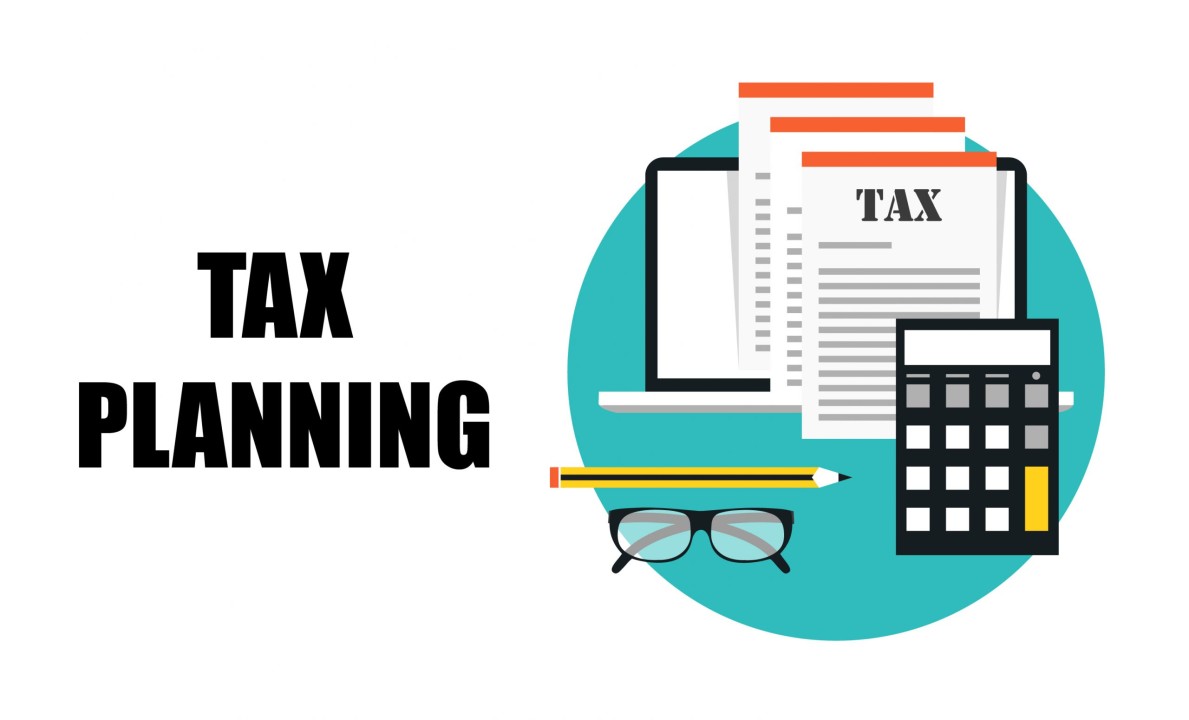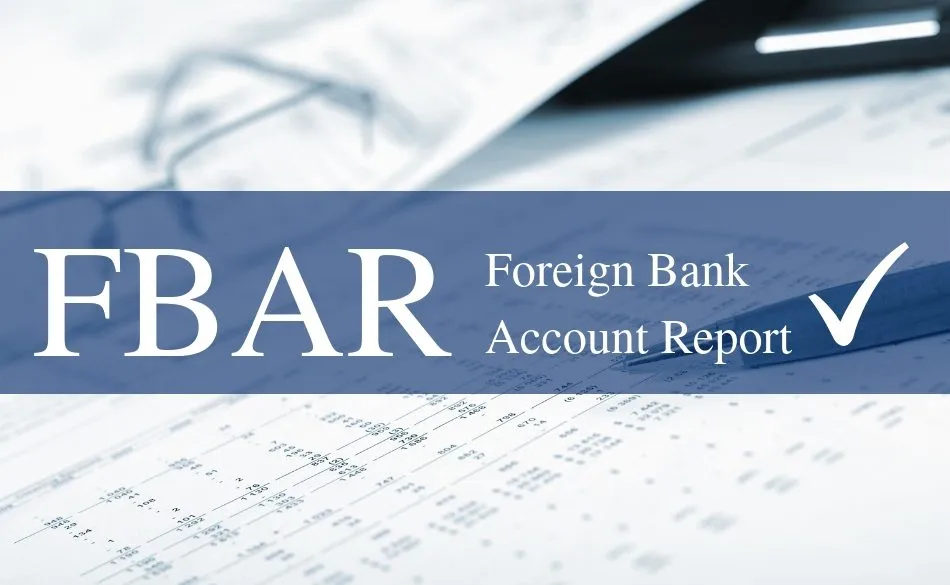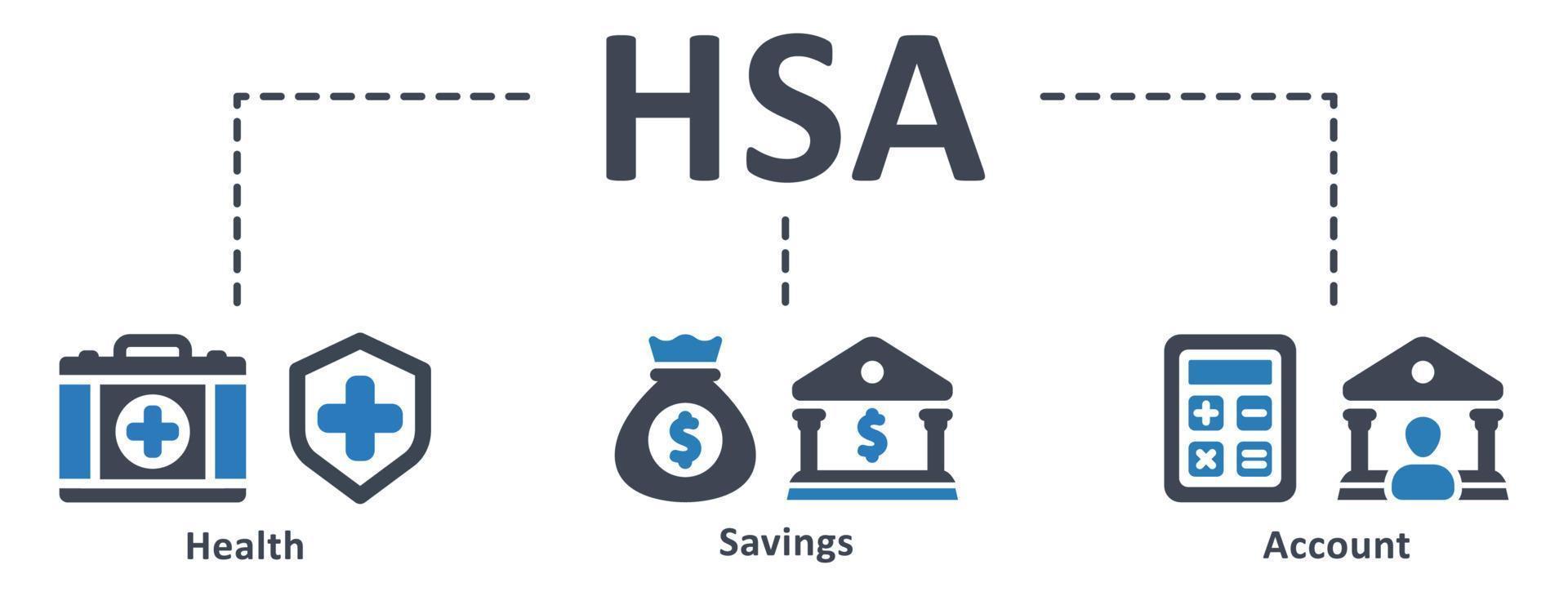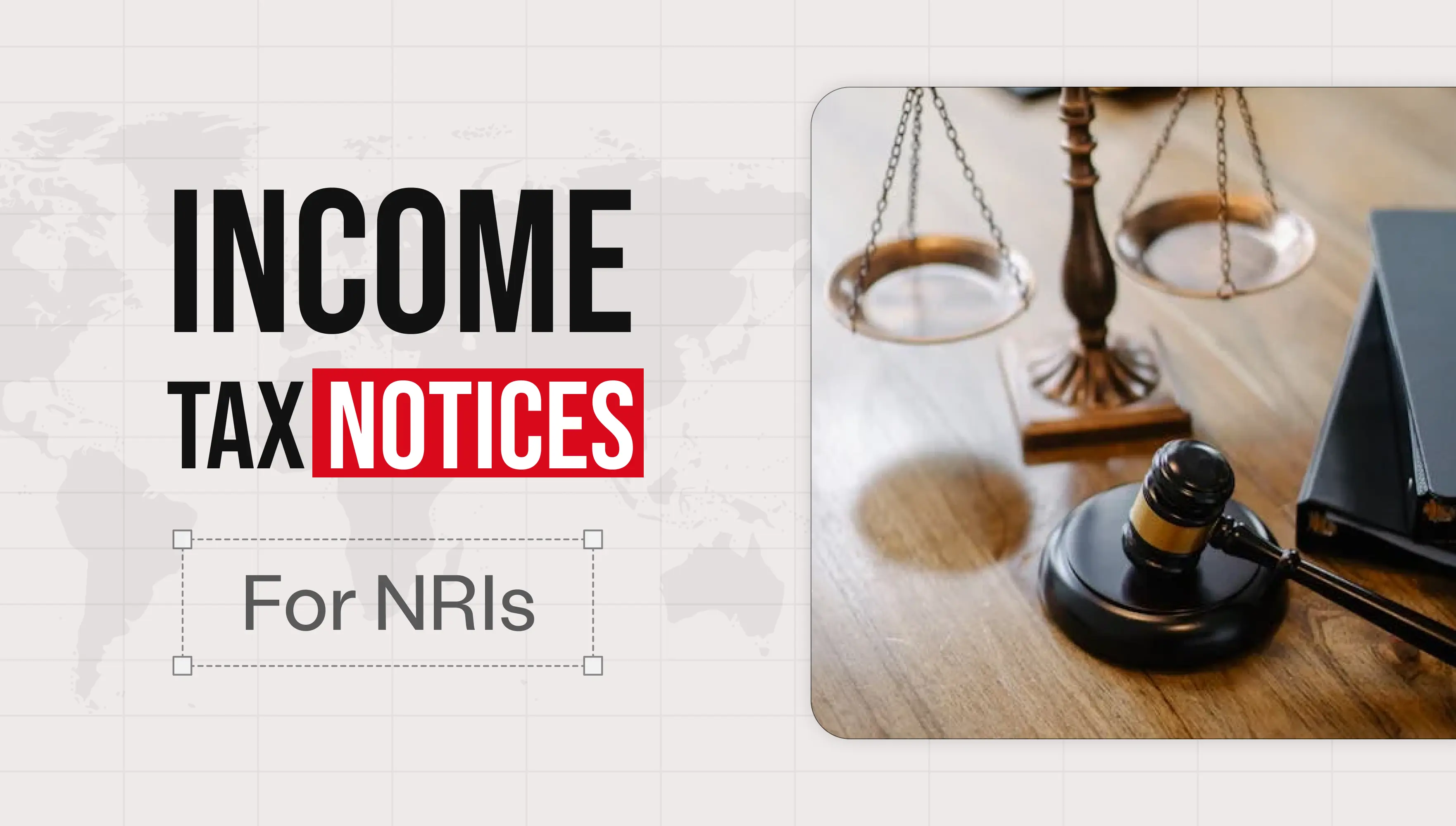 WhatsApp
WhatsApp
 Call Us
Call Us
 Email Us
Email Us
 Whatsapp Community
Whatsapp Community

As we step into the financial year 2024-25, the interim Budget 2024 brings a breath of stability to the taxation landscape. Finance Minister Nirmala Sitharaman's recent announcements shed light on income tax slabs, rates, and key provisions for both the new and old tax regimes. This blog aims to unravel the intricacies of the changes, providing a roadmap for individuals to navigate through the tax structures efficiently.
One of the standout features of the interim Budget is the decision to maintain the status quo in income tax rates. Both direct and indirect tax rates remain untouched, offering individuals a familiar framework for financial planning and continuity in tax policies.
For those opting for the new tax regime, the income tax slabs for FY 2024-25 (AY 2024-25) remain consistent with the previous fiscal year. The progressive tax slabs are as follows:
Cess will be applied at 4% on the income tax amount, with surcharges for incomes exceeding ₹50 lakh.
The Budget 2023 brought significant changes for salaried individuals in the new tax regime. Some key benefits include:
Under the old tax regime, the income tax slabs are determined by the taxpayer's age. For individuals below 60 years:
Similar structures exist for senior citizens and super senior citizens, with varying basic exemption limits.
While the new tax regime simplifies tax calculations, the old tax regime allows for various exemptions and deductions, including Section 80C, 80D, HRA, and LTA. The blog emphasizes the importance of understanding the individual's financial situation to make an informed choice between the two regimes.
As a measure to ease the burden on taxpayers, the budget introduces the withdrawal of outstanding direct tax demands for specific periods:
Outstanding direct tax demands up to ₹25,000 pertaining upto the financial year 2009-10 will be withdrawn. This move aims to address longstanding tax issues for taxpayers from that fiscal year.
For the subsequent fiscal years from 2010-11 to 2014-15, taxpayers will benefit from the withdrawal of outstanding direct tax demands up to ₹10,000. This targeted relief addresses smaller outstanding amounts during this period.
As taxpayers weigh their options between the new and old tax regimes, the interim Budget 2024 provides a stable foundation for financial planning. This comprehensive guide serves as a valuable resource, ensuring individuals are well-informed to make strategic decisions aligned with their financial goals. Stay tuned for further updates and consult with financial experts to optimize your tax planning strategies.







Stay in the loop, subscribe to our newsletter and unlock a world of exclusive updates, insights, and offers delivered straight to your inbox.